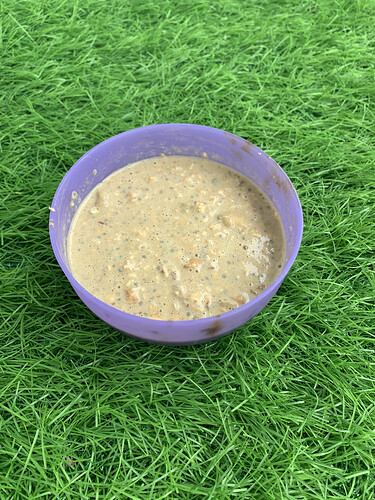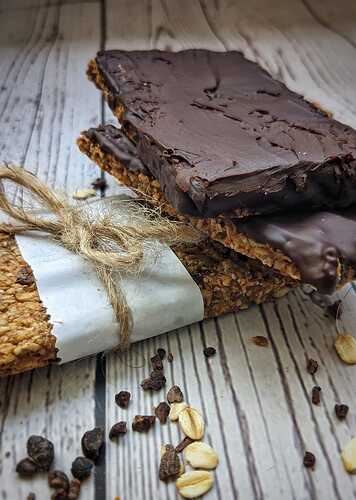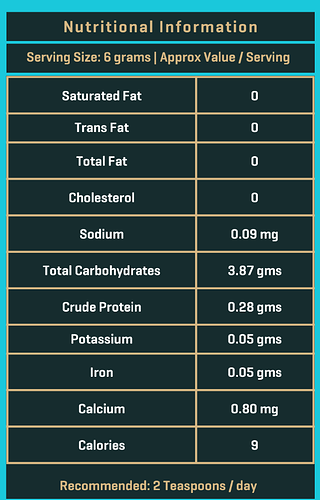Yacon is a root crop from Peru, South America. We at Yacon India pioneered its cultivation in India in the high Himalayas of Sikkim in 2013-14. In 2018, we also pioneered the processing of this root into Yacon Syrup.
There were mainly two reasons my brother (Abhinandan Dhakal) and I chose to come back to Sikkim. One, we were pained by reduction in agriculture in the Himalayas. Second, we wanted to create a product(s) that would be disruptive in India.
We have worked on Yacon for a decade in Sikkim and have a network of 500 farmer families in Sikkim who grow Yacon roots from whom we source and minimally process it into Yacon Syrup. The farmers love this crop as it has a greater yield compared to other popular cash crop, ginger. The other reason is that the entire plant can be used for fodder for cows whereas, it is not possible for ginger.
You can read about our work in these links below:
Yacon Syrup is a low Glycemic Index, low calorie, Prebiotic sweet syrup that is a functional food. That is, it works like normal food.
In the case, of Yacon Syrup, it goes well in Nutrition bars, energy balls, and pairs well with chocolates, dips and sauces. It is a much healthier option compared to date syrup.
We are trying to popularize Yacon Syrup as an alternative to date syrup as an ingredient in products manufactured by clean label and health food brands.
It also works as a health supplement, for diabetics and those with gut metabolism issues. Till recently, we were only working on this aspect. This would be evident from the content of our website.
I hope to answer your questions and intrigue you enough to try our product.
Detailed FAQ on our website: FAQ – Yacon India
My best wishes,
Abhimanyu


